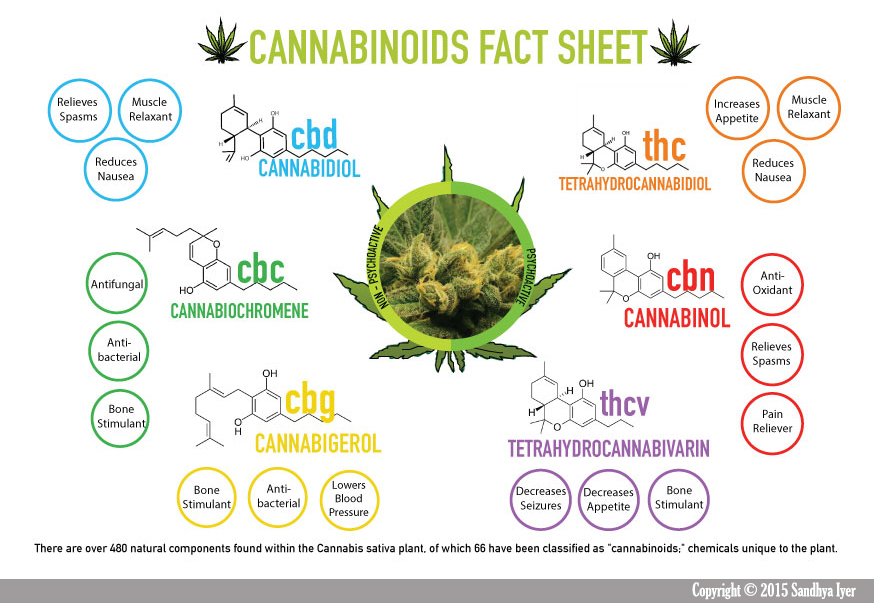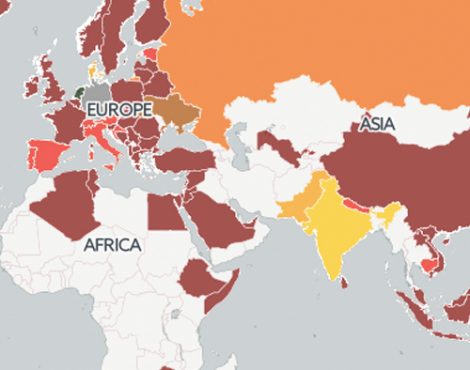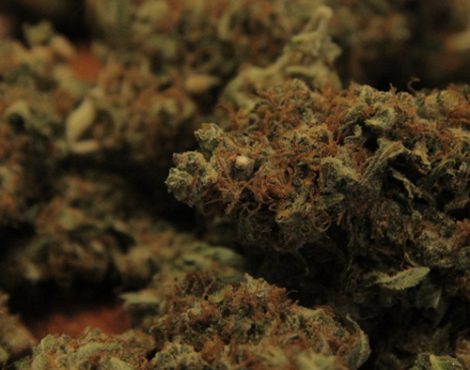
Since Cannabis still remains illegal as a Class B drug, patients don’t really have a choice but to obtain it from the streets or the black market. It is quite expensive and it can be tricky for new buyers to experiment with uncertain strains. This is a risk David Hibbitt is aware of and feels that educating patients is paramount in this regard.
So how do patients decide whether or not they should be taking cannabis? Many have taken the trial and error route to understand and educate themselves of the strains they’re consuming. Aldo Mussi, a Green Party member and a Public Health Lecturer, is aware that patients self-medicate and thereby risk being criminals. He also highlights that there is a greater need for transparency within the system to allow for decriminalisation of the drug.
Coming back to cannabis patients, if getting the strain isn’t easy enough, experimentations with the methods of consumption is another challenge. While some smoke, which still poses a great health risk, others are now switching to vaporising it, which is considered a comparatively healthier option. Some patients like to consume edibles in their daily food such as soups or cakes. Others use topicals or dab oils onto their skin. The method of consumption varies across patients.
Leafly is a popular site among patients, which spells the ABCs of cannabis. Positioned as the “The World’s Cannabis Information Resource”, it offers a detailed guide on strains, cannabis trivia and helps patients keep up with the latest from the world of cannabis.
Abby Hughes is an endometriosis patient and has access to organic strains of the plant. She strongly feels that denying patients access to cannabis for treating their conditions is putting them at risk. Abby also thinks that Skunk and Hash strains of the drug are ‘highly overrated’. They are more likely to be associated with recreational users than medicinal users. Medical patients rely on a higher CBD content, which is the non-psychoactive cannabinoid found in the cannabis plant. It can counteract the psychoactive properties of the THC, which is associated with the high that one experiences after taking cannabis.
For other patients like Jake, it is the opposite. He needs strains with high THC potency to get pain relief. Even though he managed to get access to Sativex, it didn’t work for him due to the equal ratio of THC and CBD. As a result, patients have to resort to growing their own cannabis, an act that is condemned by many but left unspoken of. This is one of the main reasons patients feel strongly about GPs and doctors being able to prescribe cannabis for their conditions.
While accessing cannabis still remains a struggle in the UK, the U.S. seems to be quite ahead in this matter. Not only have 23 states and the District of Columbia have legalised it, cannabis pharmacies are thriving in Colorado and Seattle. UK seems to be catching up slowly with the first cannabis pharmacy opening in the southwest London suburb of Twickenham. Carun is a Czech-based pharmacy and now “In the United Kingdom, we are currently the only company offering medical products from botanical species of Cannabis sativa.”
Speaking with Metro UK earlier in May this year, Carun’s UK Managing Director, Michal Takac, said their products are based on compounds derived from Carmagnola, a specially cultivated species of the Cannabis sativa plant.



